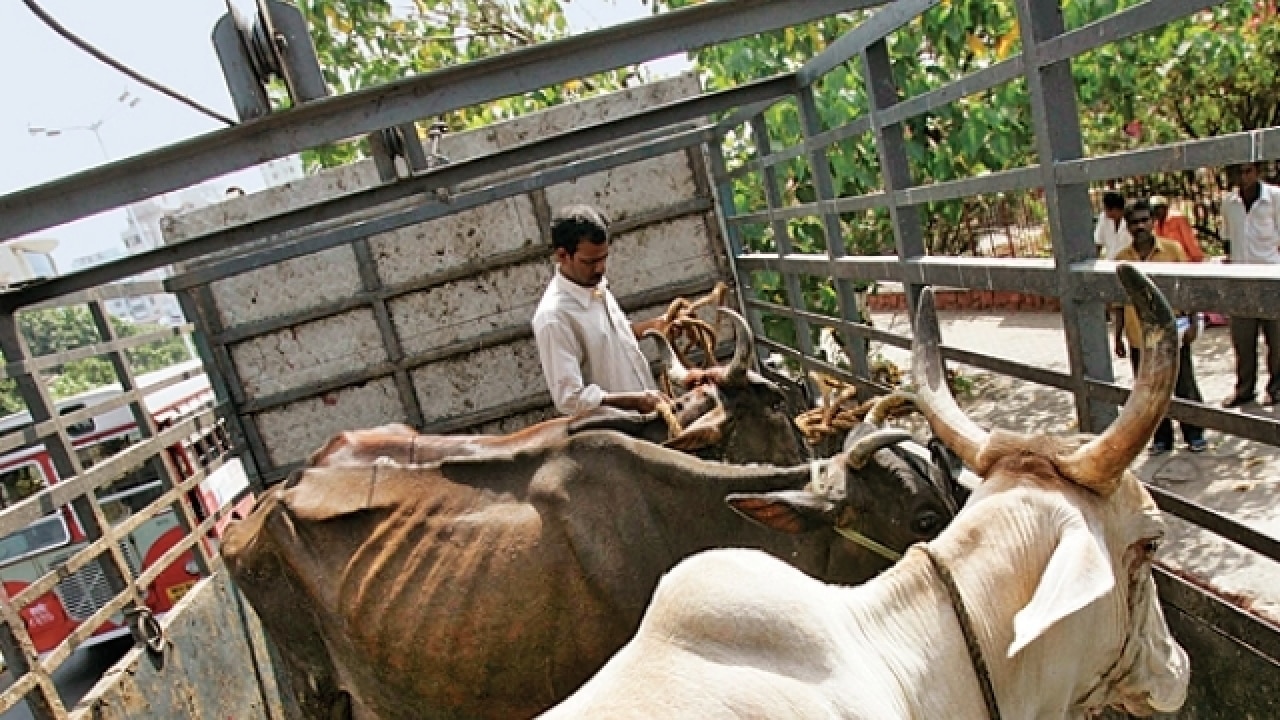
The Bombay High Court Division Bench comprising Abhay Oka and Justice Suresh Gupte have drawn a fine balance by upholding the ban on cow, buffalo and bullock slaughter in the state of Maharashtra, but struck down the provision in the same law that made possessing or eating beef which was brought in from other states a punishable offence. The third provision of the Maharashtra Animal Preservation (Amendment) Act, which held a person guilty, unless proved to the contrary, if found transporting and selling cows, buffaloes and bullocks. The judges said that it has to be proved that a person who was in possession of beef was conscious that the animals were illegally slaughtered.
The judges have pronounced that the state cannot prescribe what a person can eat and cannot. They said it was an infringement of the right to privacy. It is natural that those who oppose the ban on beef as part of a reactionary Hindutva agenda are going to hail the part of the judgment that has made room for people to eat beef that has not been slaughtered inside Maharashtra. It is an important but partial victory for the right of the citizens as to what they prefer to eat. But it would be wrong to read the favourable part in isolation because that is tantamount to misreading the verdict.
Is there then a contradiction between allowing the citizens access to beef brought from outside the state, and upholding the killing of cows, buffaloes and bullocks in the state. To be consistent, the court should have struck down the Animal Preservation (Amendment) Act in toto. It would appear that the court recognises the government’s right to make a law banning the slaughter of cows, buffaloes and bullocks, and the reasoning might not exactly follow the religious taboo among orthodox Hindus on eating beef.
The ban could be for other, secular, reasons as well. It could be said that the cattle population in the state is scarce, and therefore slaughter for purposes of food should be banned. It is of course necessary to present arguments based on facts and figures for it to justify the slaughter. The court seems to have read the provision as ban on slaughter and not as a ban on eating beef, which are two different things. Government cannot argue its case for ban on the basis of religious sentiment because then each community has its own taboo objects. For example, Jews and Muslims would object to eating of pork. The state then is forced to make its case for the ban on slaughter of cows/buffaloes/bullocks on the basis of economic and social, and not on religious, reasons.
Rightly or wrongly, many state governments have in place laws banning cow slaughter and it is intended mainly to assuage the religious sentiment of orthodox Hindus. It would be futile to argue whether beef is really prohibited in the Hindu belief system. It does not also make sense to argue that the livelihoods of so many people are dependent on the killing of cattle, in village, town and city. It would be an exercise in endless polemics and nothing more. It is natural for right-wing parties to legislate in favour of the majority community. But any legislation which carries an inherent prejudice against other communities and groups needs to be struck down as unconstitutional. No law can be made favouring either the majority or the minority, either one community or another. Of course, this gives rise to legal complications of immense proportions. But there is a need to boldly face the problematic fall out.